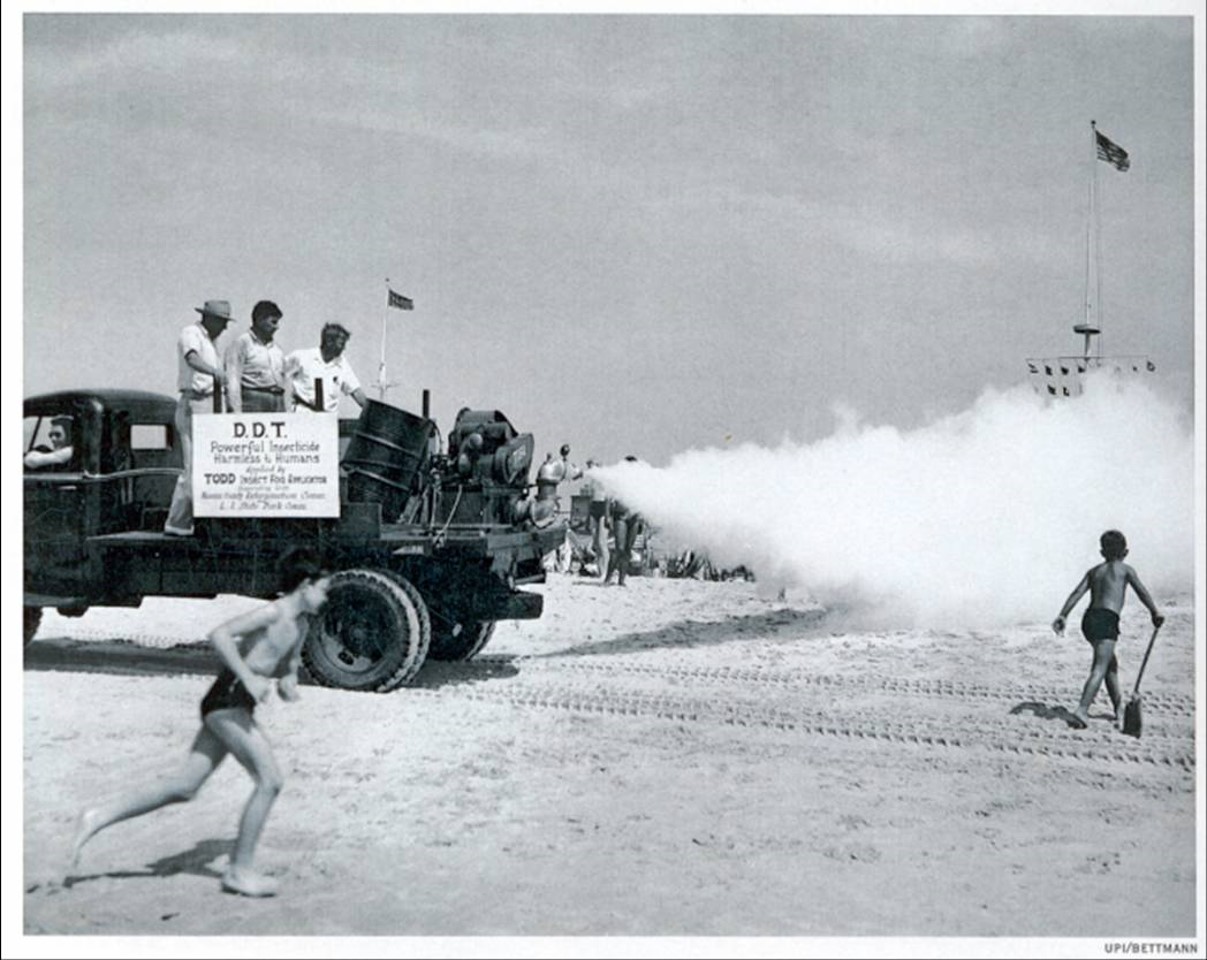Breaking Into Sports Careers: Writing, Management, and Broadcasting
Break into sports careers: writing, management, and broadcasting
The sports industry offer diverse and exciting career opportunities for passionate fans who want to turn their love of athletics into a profession. Whether you’re drawn to storyteller as a sports writer, organize teams as a sports manager, or share the excitement through broadcasting, each path requires specific skills, education, and persistence. This comprehensive guide explores how to break into these three interconnect sports careers and build a successful professional life in the world of athletics.
Launch your sports writing career
Sports writers capture the drama, statistics, and human stories behind athletic competitions. They transform games into narratives that engage readers across various platforms. Here’s how to begin this journey:

Source: blogaiwriter.com
Educational foundation
While not invariably mandatory, a degree in journalism, communications, or English provide valuable skills for aspire sports writers. These programs teach:
- Report fundamentals and news judgment
- Interview techniques
- Story structure and compelling narrative creation
- Media ethics and legal considerations
- Digital content creation and multimedia skills
Many universities offer sports journalism specializations or courses that focus specifically on athletic reporting, which can give you an edge in understand the unique aspects of sports coverage.
Build a portfolio
Editors want to see samples of your work before hire you. Start create a portfolio done:
-
School publications:
Write for your high school or college newspaper’s sports section. -
Personal blog:
Create your own sports blog to showcase your writing style and analytical abilities. -
Local publications:
Pitch stories to community newspapers that oftentimes need freelance coverage of local sports. -
Digital platform:
Contribute to establish sports websites that accept submissions from new writers.
Focus on develop a distinctive voice and demonstrate your ability to go beyond basic game recaps. The virtually successful sports writers offer unique perspectives, in depth analysis, and compelling storytelling.
Gain experience
Hands-on experience is crucial for aspire sports writers. Seek opportunities such as:
-
Internships:
Apply for positions with newspapers, magazines, websites, or team media departments. -
Press box access:
Obtain credentials through school publications or local media outlets. -
Freelancing:
Pitch stories to publications to build your resume and make industry connections. -
Cover underserved sports:
Find niches with less competition, such as women’s sports or less prominent athletic events.
Start topically and work your way upwards. Cover high school games might not seem glamorous, but it teaches fundamental reporting skills and help establish your reputation for reliability and quality work.
Develop specialized knowledge
The best sports writers combine write skills with deep knowledge of their subject:
- Study the sports you cover intensively, understand rules, strategies, and history
- Learn to interpret statistics and analytics that drive modern sports
- Understand the business aspects of sports, include contracts and league structures
- Follow key figures in the industry and their communication styles
Consider focus on specific sports or beats where you have particular expertise or interest, which can help you establish yourself as an authority in that niche.
Network in sports media
Connections matter enormously in sports journalism. Build your network by:
- Join professional organizations like the association for women in sports media or the sports journalists association
- Attend industry conferences and workshops
- Engage with other sports writers and editors on social media
- Follow up with contacts you meet during report assignments
Remember that reputation is everything in this field. Being know for meeting deadlines, accuracy, and professionalism will help you’ll advance far more than talent unparalleled.
Enter sports management
Sports management professionals handle the business operations behind athletic organizations, from professional teams to college athletic departments. This career path combine business acumen with sports knowledge.
Educational requirements
Most sports management positions require formal education:
-
Bachelor’s degree:
Programs in sports management, business administration, or marketing provide fundamental knowledge. -
Master’s degree:
A mMBAwith sports management concentration or a specialized master’s in sports administration can importantly enhance job prospects, specially for higher level positions. -
Certifications:
Credentials from organizations like the sports management worldwide or the national association of collegiate directors of athletics can supplement your formal education.
Coursework typically covers sports marketing, facility management, event planning, sports law, finance, and leadership. Look for programs that offer internship placements with sports organizations.
Entry level experience
Break into sports management frequently mean start in support roles:
-
Internships:
These provide crucial experience and network opportunities with professional teams, college athletic departments, sports marketing firms, or facilities. -
Volunteer work:
Offer your services for sporting events demonstrate commitment and build relevant experience. -
Part-time positions:
Roles in ticket sales, operations, or customer service can provide a foot in the door. -
Graduate assistantships:
These positions at university athletic departments offer experience while pursue advanced education.
Be prepared to work irregular hours, include evenings, weekends, and holidays, as sport events seldom follow traditional business schedules.

Source: dean.edu
Develop business and sports expertise
Successful sports managers combine business skills with sports knowledge:
- Strong understanding of financial management and budgeting
- Marketing and promotion strategies specific to sports properties
- Personnel management and leadership abilities
- Knowledge of relevant sports regulations and compliance requirements
- Negotiation skills for contracts and partnerships
Stay current on industry trends by follow sports business publications, attend conferences, and participate in professional development opportunities.
Network in sports management
The sports industry is relationship drive. Build your network through:
- Professional associations like the North American society for sport management
- Alumni networks from sports management programs
- Industry conferences and trade shows
- Informational interviews with established professionals
- LinkedIn connections and engagement in industry discussions
Mentorship can be especially valuable in sports management. Seek guidance from experienced professionals who can provide advice and potentially open doors to opportunities.
Career advancement path
Sports management careers typically follow a progression:
- Start in entry level positions like coordinator or assistant roles
- Move to specialist positions in areas like marketing, operations, or event management
- Advance to manager or director roles with broader responsibilities
- Potentially reach executive positions like athletic director or general manager
Be prepared to change organizations to advance your career, as higher level positions open infrequently within the same organization.
Break into sports broadcasting
Sports broadcasters bring athletic competitions to life for viewers and listeners through play by play announcing, color commentary, sideline reporting, and studio analysis. This extremely visible career combine performance skills with sports knowledge.
Educational background
While there be no single educational path to broadcasting, these backgrounds are common:
-
Broadcast journalism:
Programs focus on television and radio production, reporting, and on air delivery -
Communications:
Broader degrees cover various media forms and public speaking -
Radio / TV / film:
Technical training in production aspects of broadcasting -
Sports management:
Understand the business side of sports while develop communication skills
Look for programs offer access to campus radio or television stations where you can gain hands-on broadcasting experience cover university sports.
Develop broadcasting skills
Sports broadcasting require specific abilities:
-
Voice training:
Work on clarity, pacing, and vocal stamina for extended broadcasts -
On camera presence:
Develop comfort and natural delivery when face cameras -
Improvisation:
Practice speak fluently without a script during unexpected moments -
Interview techniques:
Learn to ask insightful questions and listen actively -
Technical knowledge:
Understand broadcast equipment, terminology, and production workflows
Consider work with voice coaches or take acting classes to improve your delivery and presence. Record yourself regularly and analyze your performance critically.
Create demo reels
Broadcasting jobs require demonstration of your on air abilities:
- Create high quality recordings of your play by play, commentary, or report
- Ensure samples demonstrate versatility across different situations
- Keep demos concise (3 5 minutes )focus on your strongest work
- Update your reel regularly as you gain experience and improve
- Tailor different versions for specific job applications
Eventide without access to actual broadcasts, you can create demos by record yourself comment on televise games with the sound mute or conduct mock interviews.
Entry points in broadcasting
Most broadcasters start small and work their way upwardly:
-
College media:
Campus radio and TV stations cover university sports -
Minor league teams:
Smaller market professional teams oftentimes need broadcasters -
Local radio / TV:
Community stations cover high school and local sports -
Production assistants:
Behind the scenes roles at networks to learn the industry -
Digital platform:
Podcasts, YouTube channels, or streaming services to showcase your talents
Be prepared to relocate for opportunities, specially former in your career. The near accessible jobs are oftentimes in smaller markets far from major metropolitan areas.
Build sports knowledge
Credibility as a broadcaster depend on your expertise:
- Study rules, strategies, and terminology across multiple sports
- Research teams, players, and coaches exhaustively before broadcasts
- Develop systems for organize statistics and background information
- Create compelling storylines that enhance game coverage
- Stay current on league news, trends, and developments
The best broadcasters combine preparation with the ability to recognize and communicate the significance of key moments as they happen.
Network in broadcasting
Connections are vital in this extremely competitive field:
- Seek mentorship from established broadcasters
- Join organizations like the national association of broadcasters
- Attend industry conferences and workshops
- Connect with producers, directors, and technical staff
- Maintain relationships with sports information directors who control media access
Request critiques from professionals and be open to constructive feedback about your performance and approach.
Shared success factors across sports careers
Whether pursue writing, management, or broadcasting in sports, certain elements contribute to success across all three paths:
Persistence and resilience
The sports industry is extremely competitive. Success require:
- Willingness to start at entry level positions despite education
- Ability to handle rejection and continue to pursue opportunities
- Consistent effort to improve skills and expand knowledge
- Patience during the frequently lengthy career development process
Many successful sports professionals face numerous setbacks before achieve their goals. View challenge as learn opportunities instead than permanent obstacles.
Adaptability
The sports media landscape continues to evolve apace:
- Embrace new technologies and platforms
- Develop multimedia skills careless of your primary focus
- Understand change audience preferences and consumption habits
- Be willing to take on varied assignments, specially other in your career
Those who can adapt to industry changes and expand their skill sets create more opportunities for advancement and job security.
Professional ethics
Reputation matter enormously in sports careers:
- Maintain objectivity and fairness in reporting and analysis
- Honor confidentiality when appropriate
- Acknowledge and correct mistakes quickly
- Treat athletes, colleagues, and sources with respect
- Avoid conflicts of interest that could compromise your work
Ethical behavior build trust with audiences, sources, and employers, create a foundation for long term career success.
Work-life balance considerations
Sports careers oftentimes demand irregular schedules:
- Games and events oftentimes occur evenings, weekends, and holidays
- Travel requirements vary by position but can be substantial
- Deadline pressure can be intense, specially in media roles
- Off seasons may offer more flexibility but require continued preparation
Develop strategies for maintaining personal relationships aself-careare despite the demanding nature of sports industry work.
Create your personal game plan
With an understanding of these career paths, develop a strategic approach to enter your choose field:
-
Assess your strengths:
Determine which sports career aligns advantageously with your natural abilities and interests. -
Set specific goals:
Create short term and long term objectives with concrete steps for achievement. -
Invest in education:
Pursue relevant degrees, certifications, or training programs. -
Gain experience:
Seek internships, volunteer opportunities, and entry level positions. -
Build your network:
Connect with professionals in your target field through multiple channels. -
Create a portfolio / demo:
Develop tangible examples of your capabilities. -
Seek feedback:
Regularly request and apply constructive criticism. -
Stay current:
Follow industry trends and continue to develop relevant skills.
Remember that many successful sports professionals work across these fields during their careers. A sports writer might transition to broadcasting, or a team manager might move into media relations. Develop transferable skills create flexibility for future opportunities.
Conclusion
Break into sports writing, management, or broadcasting require a combination of education, experience, networking, and persistence. While the competition is fierce, passionate individuals who develop the necessary skills and demonstrate commitment can build rewarding careers connect audiences with the sports they love.
Start by identify which aspect of sports most appeals to you professionally, so begin build the specific skills and connections that path requires. Be prepared to start small, work strong, and endlessly improve. With dedication and strategic career development, you can transform your passion for sports into a fulfilling professional journey.



